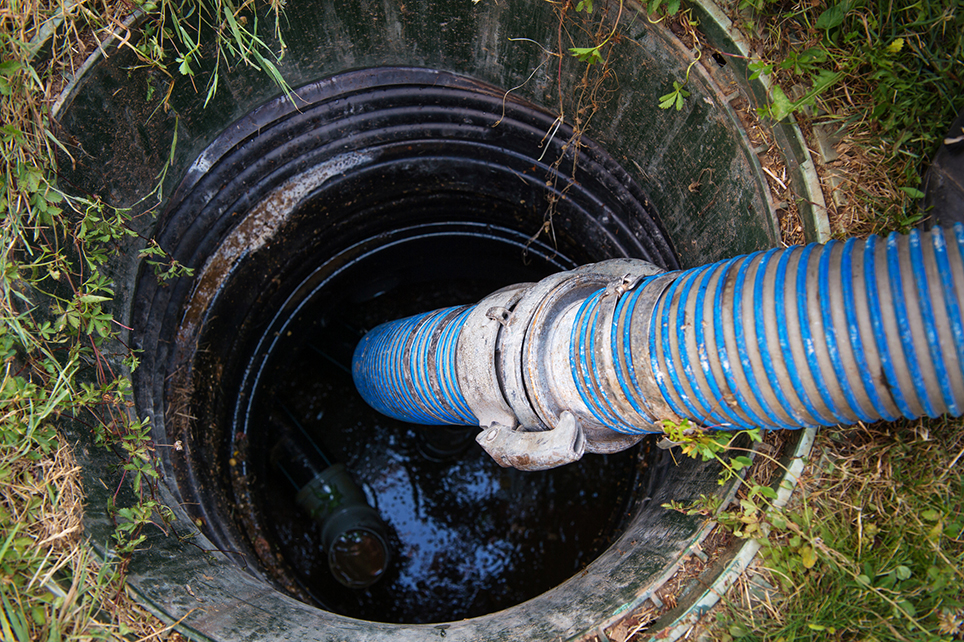
Manual scavenging still thrives, courtesy lack of political will

On April 27, Gafoor Pasha, 40, and Aftab Pasha, 38, descended into a narrow contaminated well with ropes. They had no safety gear. The Pashas agreed to clean the well as per the job contract. But soon after they entered it, with toxic gases choking them, both died of asphyxiation in North Bengaluru. Though, alerted by neighbours, the fire and emergency services reached the spot, Pashas died much before.
In the past decade Karnataka witnessed 77 manual scavenging deaths, most of it in Bengaluru city. With improper drainage system, many in the city still depend on manual scavengers to clean their tanks and pits.
Even as the deaths surge in the state, Karnataka State Safai Karamchari Commission, the nodal agency for monitoring and implementation of rehabilitation programmes on manual scavenging, remains headless for the past five months.
Between 2013-14 and 2017-18, the country witnessed as many as 323 manual scavenging deaths, according to the minister of state for social justice and empowerment.
Tamil Nadu recorded the highest with 144 deaths, followed by Karnataka and Uttar Pradesh, 59 and 52 each.
However, activists estimate the number to be higher, alleging authorities undercount the number of manual scavengers. A large number of them belong to scheduled caste and are placed in the lowest rung of society.
Gafoor and Aftab were among thousands of Indians who still work as manual scavengers, cleaning septic tanks, sewers or clearing dry toilet by hand, without protection. The Prohibition of Employment as Manual Scavengers and their Rehabilitation Act 2013, prohibits manual scavenging. Yet, it continues in several places.
The police booked three people under the Act for culpable homicide for engaging workers for manual scavenging.
Speaking to The Federal, Bezwada Wilson, the Ramon Magsaysay award winner and Safai Karmachari Andolan (SKA) founder said, “There is no political will to solve this. Even the last government promised to abolish the system. But we still see the manual scavenging work thriving.”
“The enforcement agencies do not strictly implement the Act. They wake up when a death happens and again become silent after that,” he said.
Varying numbers, poor rehabilitation work
The socio-economic and caste census of 2011 identified 1,80,657 households of manual scavengers across India. But the Ministry of Social Justice and Empowerment last year came out with a report saying they identified only 13,657 manual scavengers across the country. The government further claims that the issue of manual scavenging does not arise (in rural India) as there has been 100% conversion of insanitary toilets in rural India.
“Swachh Bharat Mission does not encourage construction of insanitary latrines and hence the question of manual scavenging does not arise,” the Sanitation Ministry said in Lok Sabha.
Wilson says the government does survey after survey only to deny that there are no manual scavengers. “Neither the State nor the Centre have put a plan in place to end this,” he adds.
Under the rehabilitation scheme, manual scavengers and their dependents are to be given with one-time cash assistance of ₹40,000, loan up to ₹15 lakh (upon request) with concessional rate of interest. Additionally, skill development training with two years of stipend, and scholarships to their children are to be given.
There is a corpus of funds available with the National Safai Karamchari’s Finance and Development Corporation, the implementing agency of Self Employment Scheme. Yet many struggle to get the benefits in time.
52-year-old Nagaraj N worked as a manual scavenger for 15 years. He visited several offices hoping he would get some financial help. But after seven years of running around, he gave up. Now he works in a private company clearing sewers.
“The governments assured us of training and alternative job opportunities in 2011. I followed up with various departments for it since 2011. But they were not helpful,” Nagaraj said.
While Prime Minister Narendra Modi’s act of washing the feet of sanitation workers drew some ire, the lives of these workers continue without much progress.
Nataraj, Secretary, Karnataka State Safai Karamchari Commission, while acknowledging the implementation of the programme was a bit difficult, he blamed a section of scavengers who continue the work despite vocational job training given to them.


